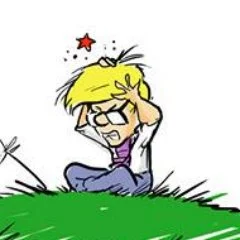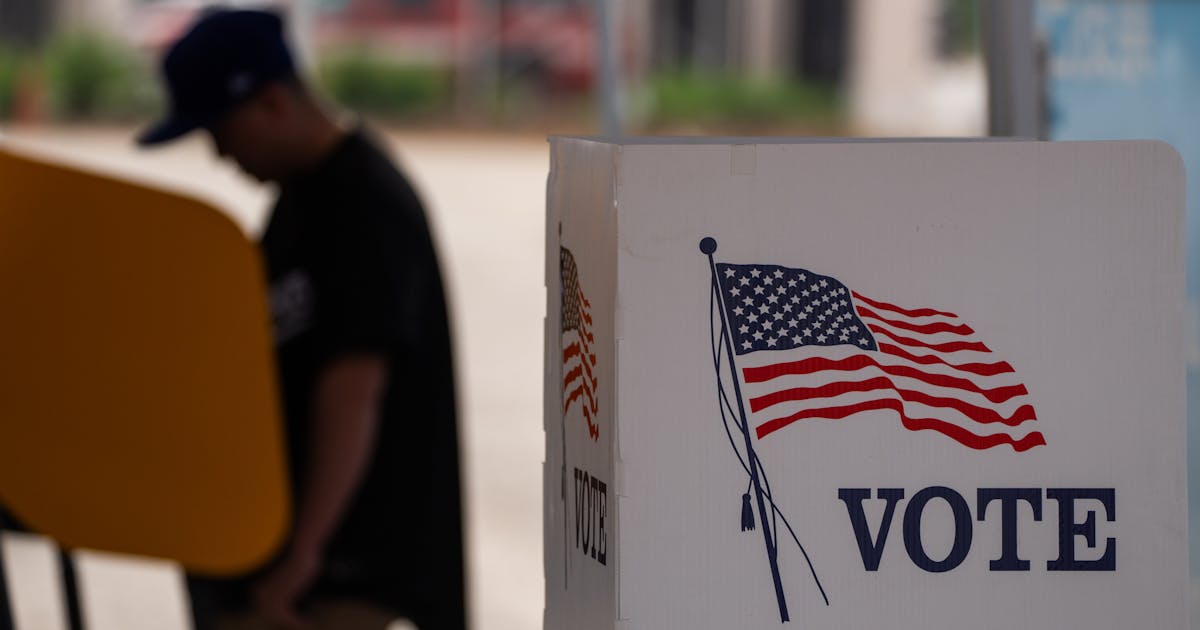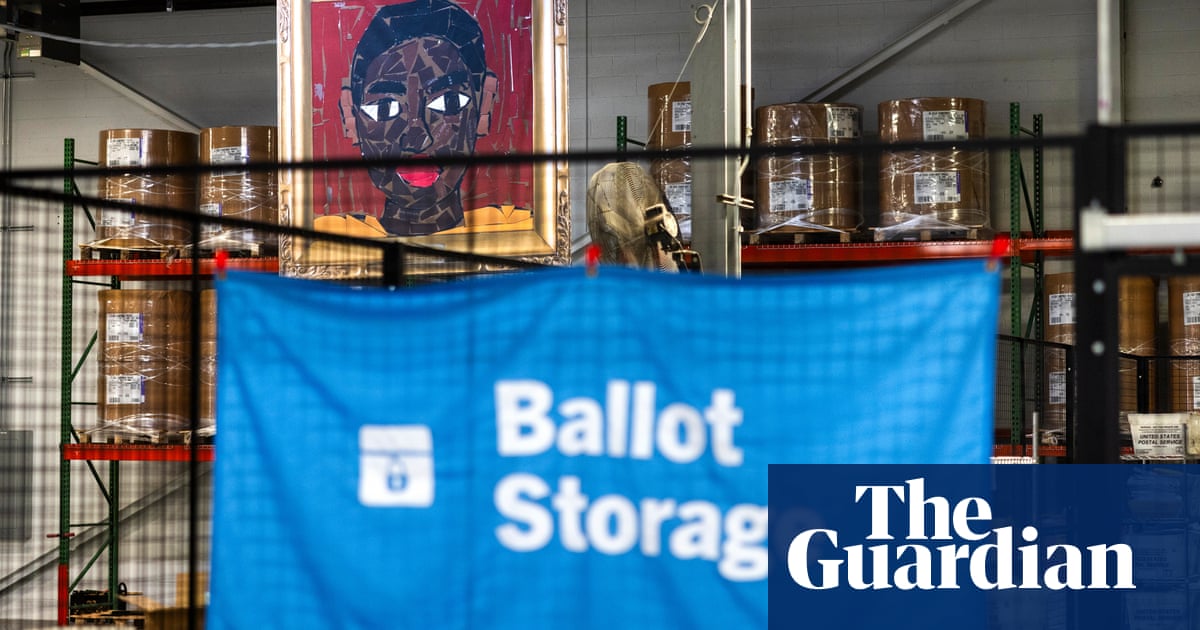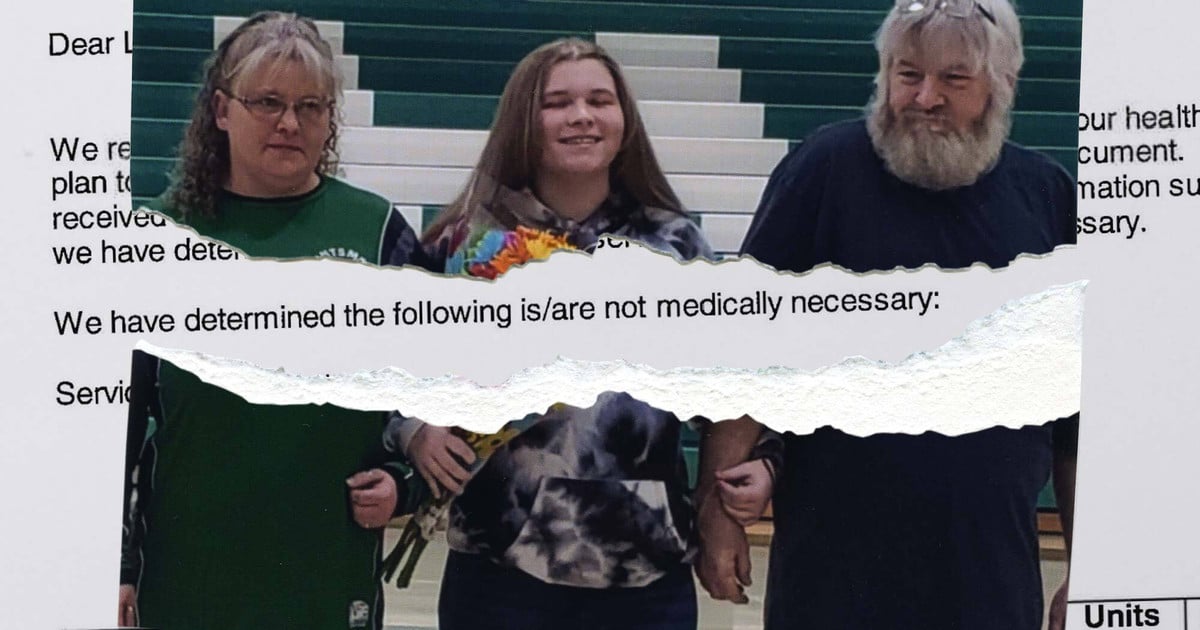geekwithsoul
I coalesce the vapors of human experience into a viable and meaningful comprehension.…
- 30 Posts
- 625 Comments
I do have to admit to feeling at least a little validated for having called him out way more for his pattern of behavior when it came to interactions with other users as opposed to his posts. His posts were bad but the way he engaged with anyone and everyone was downright toxic. /politics is a better place with him banned, and now Lemmy will be a better place for him being gone. I’m sure he’s still out there on some platform playing the poor victim, as I doubt this was a “teachable moment”, but I sincerely hope he gets help somewhere. It’s cliché, but that dude had issues.

 3·10 days ago
3·10 days agoSame! And if anyone disagrees, feel free to get in the comments! 😉

 81·11 days ago
81·11 days agoYes, and it’s clear that they wouldn’t have done an outright temp ban for the length of time they did if you didn’t already have the history you did. Quit painting this as “They couldn’t handle me voicing my opinions” when it was entirely “This guy just won’t stop trolling”. No one really cares about your opinions, they cared about you trolling the community. You trying to make a martyr of yourself is ridiculous.

 71·11 days ago
71·11 days agoI got a two-week ban in a community (for posting duplicate article from different sources)
Dude, you got it for that AND a history of trolling, even just after coming off a previous temp ban for trolling. Quit lying.

 51·12 days ago
51·12 days agoI understand what you mean about the comparison between AI chatbots and video games (or whatever the moral panic du jour is), but I think they’re very much not the same. To a young teen, no matter how “immersive” the game is, it’s still just a game. They may rage against other players, they may become obsessed with playing, but as I said they’re still going to see it as a game.
An AI chatbot who is a troubled teen’s “best friend” is different and no matter how many warnings are slapped on the interface, it’s going to feel much more “real” to that kid than any game. They’re going to unload every ounce of angst into that thing, and by defaulting to “keep them engaged”, that chatbot is either going to ignore stuff it shouldn’t or encourage them in ways that it shouldn’t. It’s obvious there’s no real guardrails in this instance, as if he was talking about being suicidal, some red flags should’ve popped up.
Yes the parents shouldn’t have allowed him such unfettered access, yes they shouldn’t have had a loaded gun that he had access to, but a simple “This is all for funsies” warning on the interface isn’t enough to stop this from happening again. Some really troubled adults are using these things as defacto therapists and that’s bad too. But I’d be happier if lawmakers were much more worried about kids having access to this stuff than accessing “adult sites”.

 14·12 days ago
14·12 days agoReally appreciate their coverage of pretty much everything - lots of detail, no fluff, and no over the top headlines.
And yep, fuck insurance. Helped make the entire point of US healthcare providing profit for big corps and not actually patient wellness.

 5·12 days ago
5·12 days agoIt’s middle men all the way down…

 61·12 days ago
61·12 days agoHad the same thought :)

 13·12 days ago
13·12 days agoThere’s also advantages to the DC metro area being a “company town” in that it attracts interested public servants with particular skill sets. The DC metro area has a huge number of folks not from here, so it’s not like there’s a “DC mindset” at the individual level. And the feds have been pretty good on telework (fed contractors, not so much)
That’s certainly where the term originated, but usage has expanded. I’m actually fine with it, as the original idea was about the pattern recognition we use when looking at faces, and I think there’s similar mechanisms for matching other “known” patterns we see. Probably with some sliding scale of emotional response on how well known the pattern is.

 291·13 days ago
291·13 days agoYep, he’s creating yet another false equivalence (it’s what he does after all) comparing individuals personally going on their own time to publicly volunteer and whatever shadow-interference-and-misinformation campaign that Putin’s stood up for Trump. I just loved that Trump’s campaign couldn’t even be bothered to spell “Britain” correctly - the worst combination of venality and incompetence.

 3·14 days ago
3·14 days agoI think some study came out that said something like 20% of black men owned crypto and now we have this. No idea how it was measured.
Okay - a little digging and it does seem backed up by self-reported surveys. Best explanation I could find is https://www.kansascityfed.org/research/payments-system-research-briefings/the-cryptic-nature-of-black-consumer-cryptocurrency-ownership/
Basically, from the surveys, it would appear that Black adults own more crypto than whites, with Black men edging slightly higher. It looks to be on the order of 20% with other groups trailing by a few percentage points.
Disappointed in the Harris campaign for leaning into this, as it seems to be all self-reported survey data and hardly something to build a policy on. Also crypto is stupid, but that’s just my opinion.
Ha! Yeah - in fact it evolved and expanded to the extent of almost all of his interactions being simply copying and pasting his responses ad nauseum. Very rarely saw him say anything he hadn’t already parroted back dozens and dozens of times. I kinda get why some people accused him of being a bot, because it’s hard to imagine a human deriving anything out of those sorts of interactions.

 21·14 days ago
21·14 days agoI think we’re talking about different time periods. In the time I’m talking about, before AOL connected with Usenet, the number of high school kids on the actual internet could probably be measured in double digits. There were BBSes, which had their own wonderful culture, but they had trolls and villains in a way that Usenet did not.
It was higher than you think. While an outlier, realize WarGames came out in 1983. I grew up in the suburbs of DC, and by 1986, a number of us had modems and regularly dialed into local BBSes. Basically as soon as we got 2400 bits/s, it started to get more widespread. And honestly since we usually knew the admin running the BBS we dialed into, there were less serious trolling issues. But newsgroups were another matter - usually folks were pretty much anonymous and from all over, and while there could be a sense of community, there were healthy amounts of trolls. What you’re describing is the literal exact opposite of my own lived experience. Nothing wrong with that, and doesn’t mean either of us are wrong, just means different perspectives/experiences.
I want to second this. I understand the mods prefer a case-by-case approach, but I think that leaves a very specific pathway for bad actors to exploit. Monk was posting a purely insane amount of comments along with a very high but not as insane number of posts, and almost all of it was low-value, and often copy-pasted from a previous comment.
Do the mods even have easy access to the kind of data your script was pulling? I think that may be part of the issue is that the mod tools with Lemmy are lacking/limited.

 31·14 days ago
31·14 days agoI definitely don’t think this is true. That’s the whole “eternal September” thing.
I mean, it was my literal experience as a user. And it wasn’t just September, the first wave was June when high schoolers started summer break and spent considerable time online, and then the second wave in September with college kids. Honestly the second wave wasn’t as bad, as the college kids were using their university’s connection and they usually had some idea that if they went too far there might be consequences. Whereas the summer break latchkey high school kids were never that worried about any consequences.
I’m mostly talking about the volunteer internet. I don’t have any active accounts on commercial social media, even for business things.
I know, but that’s part of my point. The things that make online places feel safe, welcoming, and worthwhile are the same regardless if volunteer or commercial. I absolutely loved 2007 - 2012 early Twitter - it actually felt like the best of my old BBS/Usenet days but with much better scope. But I haven’t regularly been on there since 2016-ish, and completely left Reddit in July of last year (despite having had an account since 2009). For me the volunteer and federated social media has the best shot at being a “good” place, but I don’t have a philosophical objections to seeing commercial social media become less horrible, and in terms of understood and agreed upon social contract, I think approaching both with the same attitude should be encouraged.
We don’t need the commercial social media to fail for us to succeed, we need to change how people think about how they participate in online spaces and how those spaces should be managed and by whom.

 2·14 days ago
2·14 days agoIn that case, I think the whole question is moot. The umbrella term of thingamawidget is not both modular and versatile, but its constituent parts are individually. “The thingamawidget with versatile software and modular hardware is…” would then be the more accurate description.
Otherwise it’s like describing a brownie as wet and bitter because the egg is wet and the raw cocoa is bitter.

 51·14 days ago
51·14 days agohttps://lemmy.world/comment/12991836
Or maybe your community dedicated to creating fan fiction about the users you don’t like? https://lemmy.world/c/talesfromthecrypticlemmy
Negative, creepy, and weird.
Excerpt:
"In tonight’s tale of terror, we follow a man with a mission—a mission to get rid of the mysterious figure known as Universal Monk.
Our brave hero thinks he’s just battling a keyboard warrior on the interwebs, but after a little trip, he’ll learn that hunting sea lions isn’t as easy as he thought.
Someone needs to go outside and touch all the grass.


















I really enjoyed it. The cast was great, the writing was fun, and the production quality was really good. Not an “action” show by any means. It does solid service to the comic books and lore, but not a paint by numbers of an existing story.